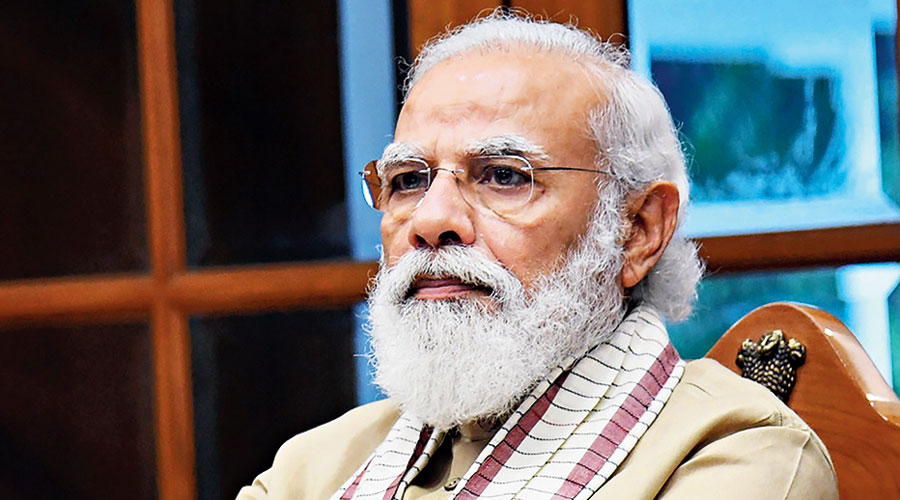Foreign investors will be partly relieved that the Narendra Modi government has finally scrapped the retrospective amendment to the tax laws made in 2012. The amendment, introduced by the then finance minister, Pranab Mukherjee, asserted the sovereign’s right to tax a transaction between two overseas entities if it meant an indirect transfer of a capital asset with an economic nexus to an entity based in the country. The amendment in the tax provision — Section 9(1)(i) of the Income Tax Act — was dated back to April 1962 and its scope widened to cover any share or interest in a company registered outside the country if it derived its value substantially from assets located in India. The sinister provision was designed to negate the impact of a Supreme Court decision which ruled that Vodafone International Holdings, a Dutch subsidiary of the telecom giant based in the United Kingdom, was not liable to pay any tax on the capital gains linked to a $11.1 billion transaction under which it acquired a 67 per cent stake in Hutchison Essar Ltd.
Arun Jaitley had promised to scrap the tax proviso after the 17 cases that were enmeshed by the 2012 amendment reached a logical legal conclusion. The finance minister, Nirmala Sitharaman, tried to insist in all innocence that the decision to scrap the retrospective tax was taken only after the last of the cases was decided by the courts. There is some prevarication here. In December last year, the Permanent Court of Arbitration in The Hague threw out the case against Cairn Plc —one of those sucked into the retro tax controversy — and ordered the Indian government to fork out $1.72 billion, including interest and costs. When the government demurred, Cairn launched a flurry of suits across the world, looking to seize assets of the Indian government and State-owned entities. The government finally lost its nerve when Cairn won an order from a French court permitting it to grab control of Indian assets in that country.
But the government is still playing hardball over the payout to Cairn. It is prepared to pay only the principal amount of Rs 78 billion and not the tribunal’s award of roughly Rs 129 billion with the rider that Cairn withdraw all cases against the government. The talks are now underway and Cairn may eventually accept. But it does leave a bitter taste after a bruising battle. There is another problem: the retrospective element of the tax amendment has been scrapped but the principle of taxing indirect capital transfers has not. The government is free to slap a tax demand on Vodafone — such as transactions struck after May 28, 2012 — the day that the tax amendment was officially notified. Foreign investors will remain wary of this tax proviso.










